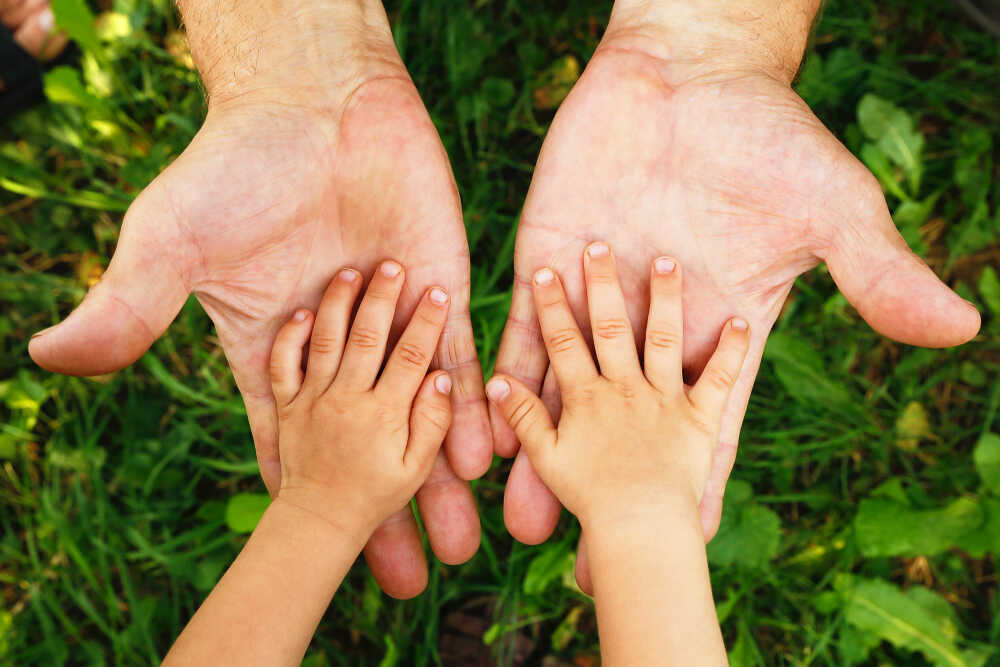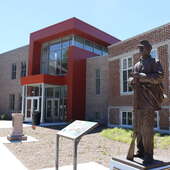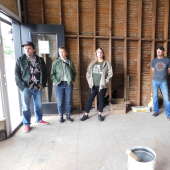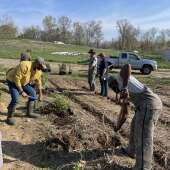ACE-ing Negative Childhood Experience Identification: Prevention and Intervention
Thursday, April 21, 2022

In the mid-nineties, the Adverse Childhood Experiences study asked 17,500 adults about their history of exposure to what they called "adverse childhood experiences," or ACEs. Those included physical, emotional, or sexual abuse; physical or emotional neglect; parental mental illness, substance dependence or incarceration; parental separation or divorce; or domestic violence. Since that time, doctors and other practitioners nationwide have implemented the use of the Adverse Childhood Experience scale in routine checkups for children and their families.
Most of us have experienced some of the items listed on the ACE scale, and you might be thinking to yourself “I went through those things, and I turned out okay”. While we may have turned out okay, Centers for Disease Control and Prevention (CDC) research heavily suggests that those experiences not only affect our minds, but our physical health as well. Having four or more ACEs is associated with significantly increased risk for seven out of 10 leading adult causes of death, including heart disease, stroke, cancer, chronic obstructive pulmonary disease (COPD), diabetes, Alzheimer’s and suicide.
Prevention of these experiences is not feasible in cases where children are exposed to ACEs in their daily environments, early intervention is key to creating opportunities for healing and treatment of physical and mental illness. CDC research advocates that having one or more positive adult figures in a child’s life helps build their resilience to adverse childhood experiences while they are experiencing them, as well as influences the outcomes of the potential physical health concerns in the future.
The opportunities to help prevent ACEs for children extend to our communities, too. Anyone can advocate for continued support of community programs and policies that provide safe and healthy environments for children and families, as well as simply acknowledge the challenges some families face that may be different from what you or your family have experienced. Raising awareness of the effects of ACEs can change the way that people think about where ACEs come from, minimize the stigma for parents or caregivers needing to seek help, and most importantly, provide children with the support and opportunities for resilience-building to ensure future success.





























